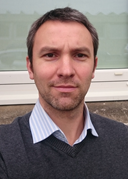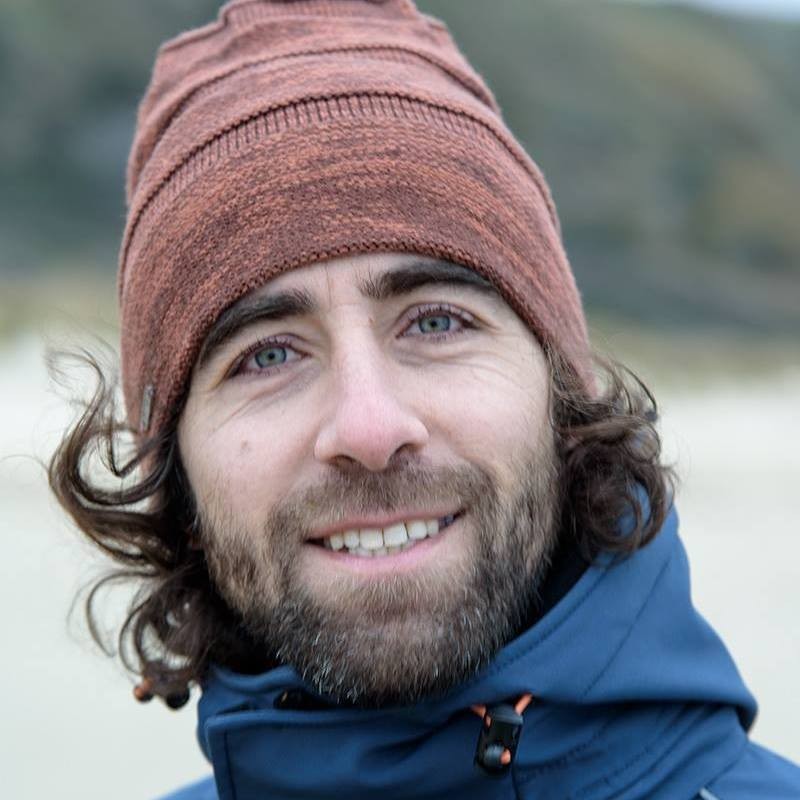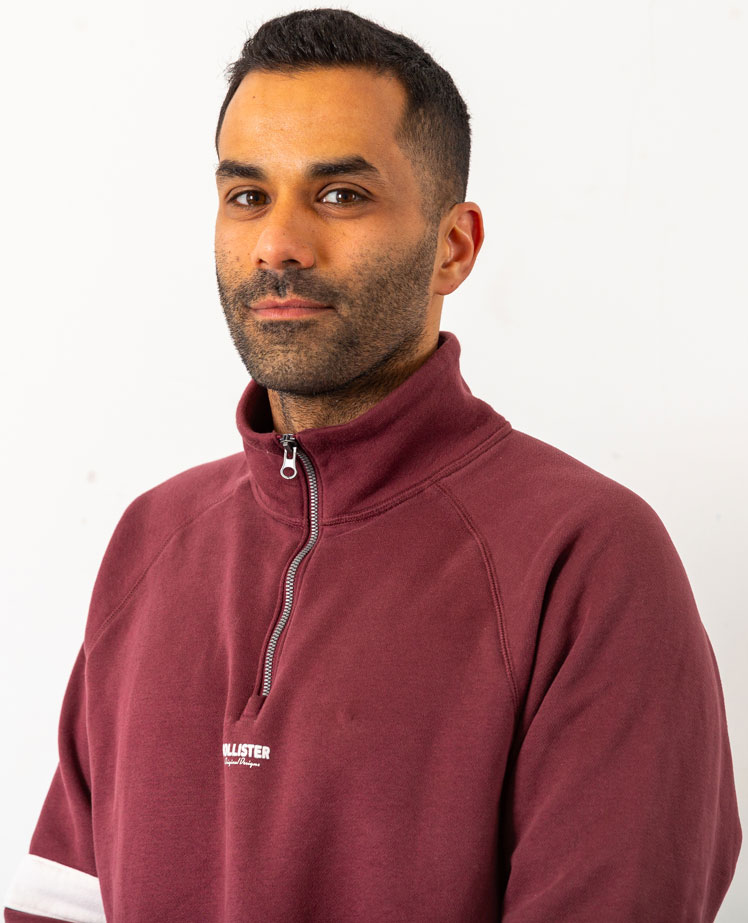
|
|
|
Pre-Conference CoursesProgramme
Pre-conference courses will be organised at the campus of the University of Nairobi centrally located in the lively city centre surrounded by cafes, markets and shopping possibilites. The campus is easily accessible from the conference hotel and can be reached by ride service via the Expressway in less than 15 minutes . The topics covered will be:
Registration & fees
Attendees: the courses will be opened to any RILEM or non-RILEM member.
To register to the courses, please create an account on this website and proceed to your registration (registration to the pre-conference courses only is possible). The fees cover the coffee break and lunches offered during the courses. CPD Credits
Engineers Board of Kenya CPD points will be credited to pre-conference courses attendees upon request. Pre-Conference Course Lecturers

Wolfram Schmidt works at in the Department “Safety of Structures” at the Bundesanstalt für Materialforschung und -prüfung (BAM), responsible for the rheology and admixtures laboratory with a research focus on particle-polymer-fluid interactions and innovative organic and mineral cement and concrete constituents. Furthermore, he is Secretary of the German Rheological Society, and Chairman of the Development Advisory Committee of RILEM. He is founder of the Pan-African cement round robin (PACE-PTS) and initiator of the conference series “Advances in Cement and Concrete Technology in Africa” (ACCTA) and ISEE-Africa (Innovation, Science, Engineering, Education).
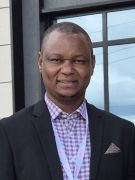
Joseph Mwiti Marangu is the Founder and Director of the Institute of Cement and Concrete at Meru University of Science & Technology. The institute focuses on advancing research, training, and community outreach in cement technology. He holds a Ph.D. in Chemistry (Cement Chemistry) from Kenyatta University and has conducted postdoctoral research at EPFL in Switzerland and at Cardiff University in the UK. His research emphasizes sustainable cement materials, and he has made key note presentations at international forums such as UN Climate Change conference among others. He is also a senior member of International Union of Laboratories and Experts in Construction Materials, Systems and Structures (RILEM). He plays a profound role in linking academia and industry in cement and concrete.
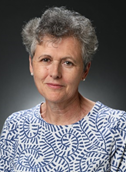
Karen Scrivener has been Professor and Director of the Laboratory of Construction Materials in the Department of Materials of EPFL (Ecole Polytechnique Federale de Lausanne) for the last 20 years. She is a Fellow of the UK Royal Academy of Engineering and author of over 200 journal papers. Her research focuses on understanding the chemistry and microstructure of cement based materials and improving their sustainability. In 2008, she came up with the idea for LC3 cement, which has the potential to cut CO2 emissions related to cement by more than 400 million tonnes a year. She received her bachelor’s degree in Materials Science from the University of Cambridge in 1979 and her PhD from Imperial College London in 1984. 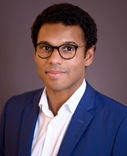
Emmanuel Keita graduated from the École Polytechnique and received a Ph.D. in physics. He is a researcher at the Navier Laboratory and a teacher at the École des Ponts ParisTech. His research work focuses on the physical understanding of construction materials. Using innovative imaging techniques, he adapts the concepts of applied physics to the development of construction materials with low environmental impact, by minimizing the material required (3D printing) or by using recycled concrete or concrete without hydraulic binder (earth). Emmanuel Keita is the chair of the RILEM Technical Committee “Processing of Earthen Materials”. 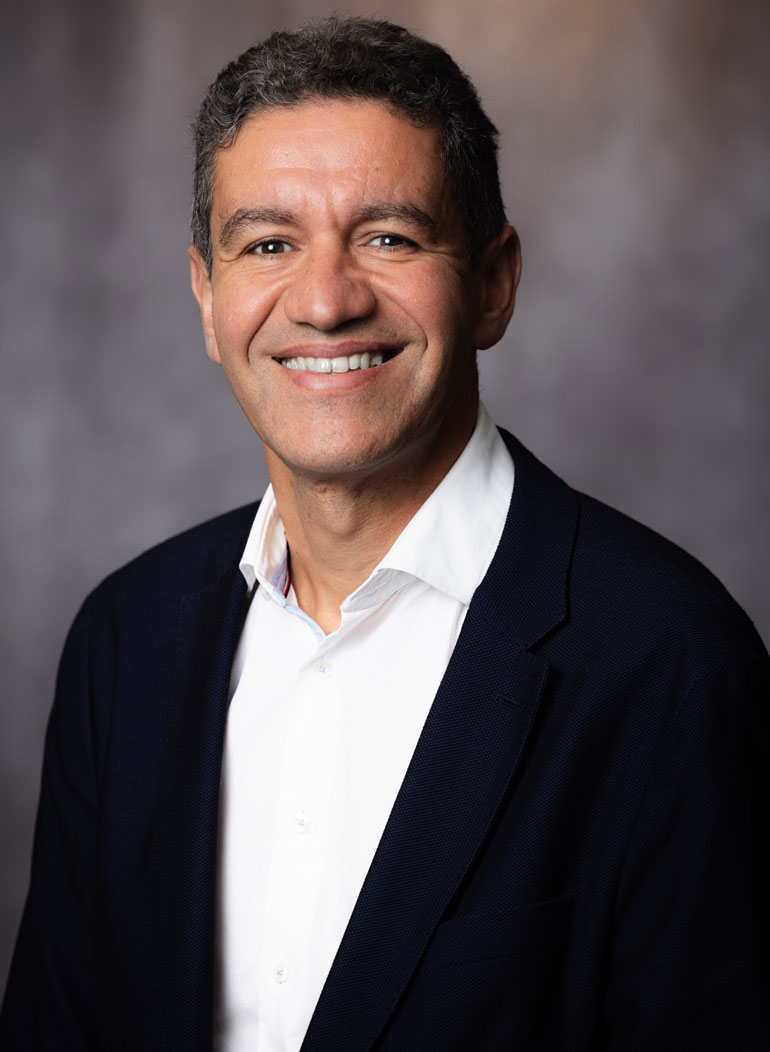
Sofiane Amziane is the Founder and main organizer of the International Conference on Bio-Based Building Materials (ICBBM), launched in Clermont-Ferrand in 2015 and now a leading global event in the field, with recent editions in Belfast (2019), Barcelona (2021), Vienna (2023), and Rio de Janeiro (2025). He also actively contributes to international scientific communities, particularly within RILEM, where he chaired Technical Committee 236-BBM on bio-based building materials. Author of numerous scientific articles, book chapters, and edited volumes, his work focuses on the multiphysical performance, durability, and environmental impact of bio-based concretes, with the ambition to integrate them widely into sustainable construction practices.
Luca Valentini is an Associate Professor in applied mineralogy at the Department of Geosciences of the University of Padua. His research is focussed on the formulation and study of the reaction kinetics of sustainable binders. As a co-founder of the spinoff OPIGEO, he also collaborates on the development of solutions for industrial waste upcycling. He has been a visiting Professor at the Meru University of Science and Technology (Kenya) and Kwame Nkrumah University of Science and Technology (Ghana) and holds active collaborations with the Building and Road Research Institute in Ghana. He is currently co-chairing RILEM TC-321 Upcycling Powder Mineral “Wastes” into Cement Matrice.
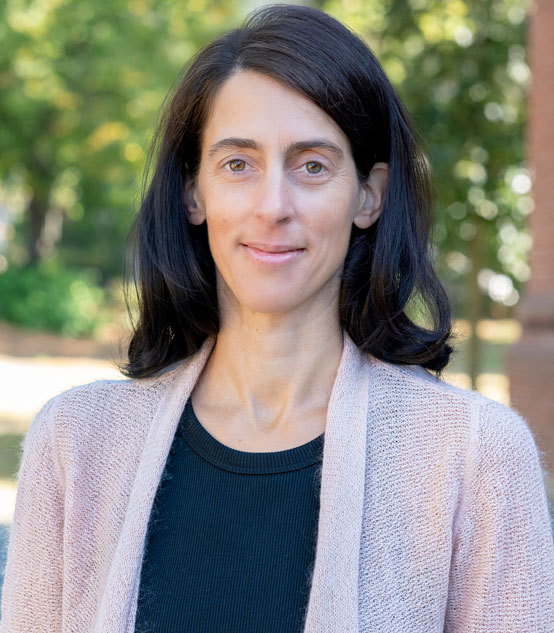
Sabine Kruschwitz has been a professor at TU Berlin since 2016 and is simultaneously a research group leader at the Bundesanstalt für Materialforschung und -prüfung (BAM), where she heads the group on Material Characterization and Informatics for the Sustainability of Building Materials. With a background in applied geosciences and extensive expertise in non-destructive testing, her work intgrates spectroscopy, relaxometry, and data-driven materials research. She applies LIBS, NIR, hyperspectral imaging, and ¹H NMR relaxometry with machine learning to characterize, classify, and optimize construction and recycling materials within the circular economy. Sabine’s group developed the SLAMD WebApp, an AI-assisted sequential learning platform for accelerated material design. She is actively involved in several RILEM Technical Committees, including TC CCC and TC EBD, where she contributes to advancing climate-friendly and durable alternative building materials and innovative recycling approaches.
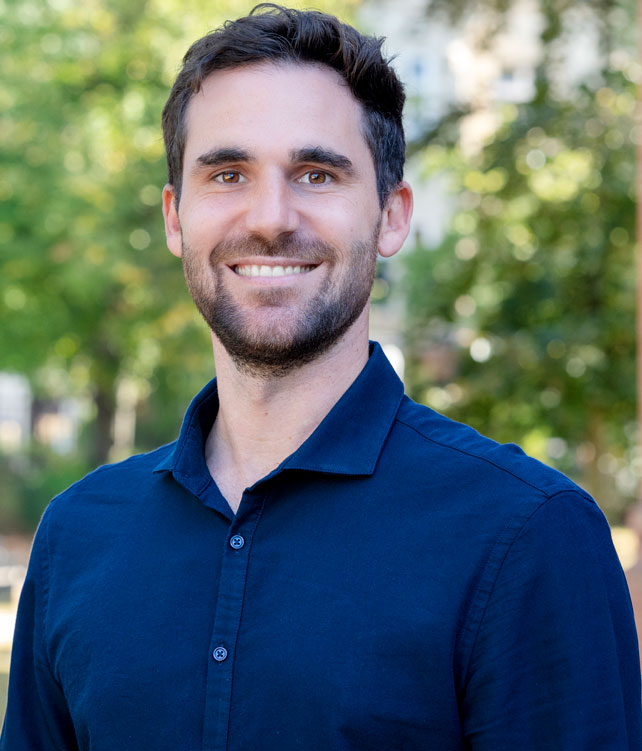
Tim Klewe is a researcher at the Bundesanstalt für Materialforschung und -prüfung (BAM) in the Department of Non-Destructive Testing. With a background in electrical engineering and a Ph.D. from Technische Universität Berlin, his work bridges data science and materials research. He focuses on combining advanced sensing methods, multivariate analysis, and machine learning for the characterization and classification of construction materials in the context of a circular economy. His current research explores AI-assisted sequential learning for material design, aiming to build ecosystems and reliable supply streams for bio-based concrete.
Mareike Thiedeitz is a postdoctoral researcher specialized in rheology and supplementary cementitious materials, with a strong focus on multidisciplinary research and international collaborations. She co-organized several projects in the field of sustainable building, mainly in collaboration with research partners in Tanzania, Ghana and Turkey. In her postdoctoral research, she investigates the performance assessment of organic waste residues, emphasizing their application in emerging economies. Her approach combines data-driven methods for performance prediction with a shift from capital-intensive material analysis to practical, decentralized methods, empowering local resource management. 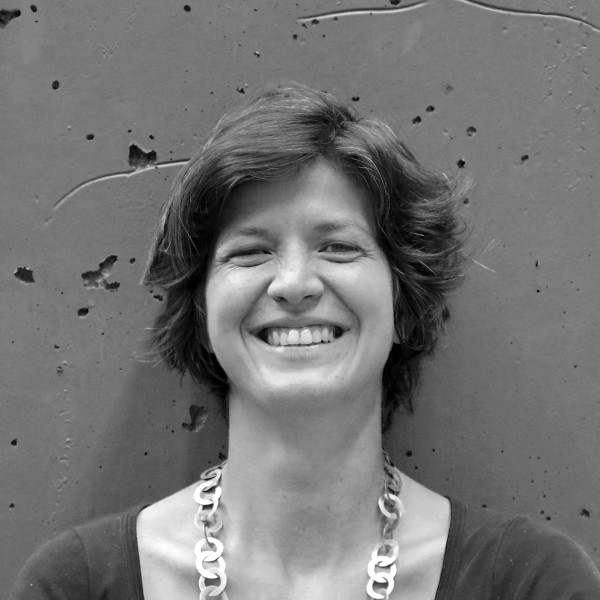
Daria Maria Léopoldine Ardant is a postdoctoral researcher working on circular processes and earth-based materials. With a background in architecture, she completed her PhD at the Chair of Sustainable Construction (ETH Zurich) in 2024, focusing on tackling soil variability to produce robust earthen materials. Her work bridges research and practice through the development of new earthen construction processes, predictive dosing models, and, together with Swiss craftsmen, robust field tests for earth analysis. She is also an active member of the current RILEM TC PEM.
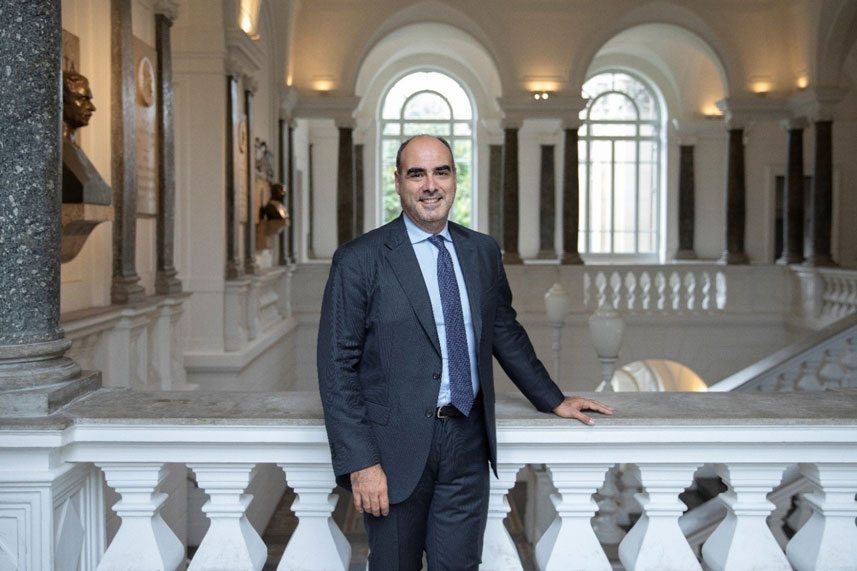
Liberato Ferrara is full professor of Structural Analysis and Design at the Department of Civil and Environmental Engineering, Politecnico di Milano, Italy, where he also serves as Rector’s Delegate for relations with Latin America and Chair of the Civil Engineering Degree Programme. He has been Fulbright visiting scholar at the Center for Advanced Cement Based Materials, Northwestern University, IL, USA and Scientific Director of the Laboratory for Testing Materials, Buildings and Structures. He leads an international research group conducting research on forefront topics in the domains of material concept, characterization and structural applications of cement based materials with advanced functionalities, including self-healing and self-sensing, development of structural design methodologies for applications in aggressive and extreme scenarios, including fatigue sensitive structures, sustainability and circular economy in concrete construction and automated and additive manufacturing/construction and structural repairing technologies. He is convenor of RILEM TAC Cluster B and member of several RILEM TCs. 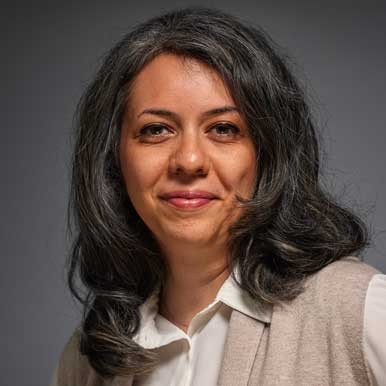
Arezou Baba Ahmadi is Associate Professor at Chalmers University of Technology, where she leads the Building Materials research area. Her work focuses on low-carbon cementitious materials, with emphasis on activation methods and the use of industrial by-products. She believes research should be fundamentally sound, industrially relevant, and accessible to students, and designs interdisciplinary courses that reflect this approach. In RILEM, she serves as Deputy Chair of TC-MCA and working group leader in TC-CUC and TC-UMW. 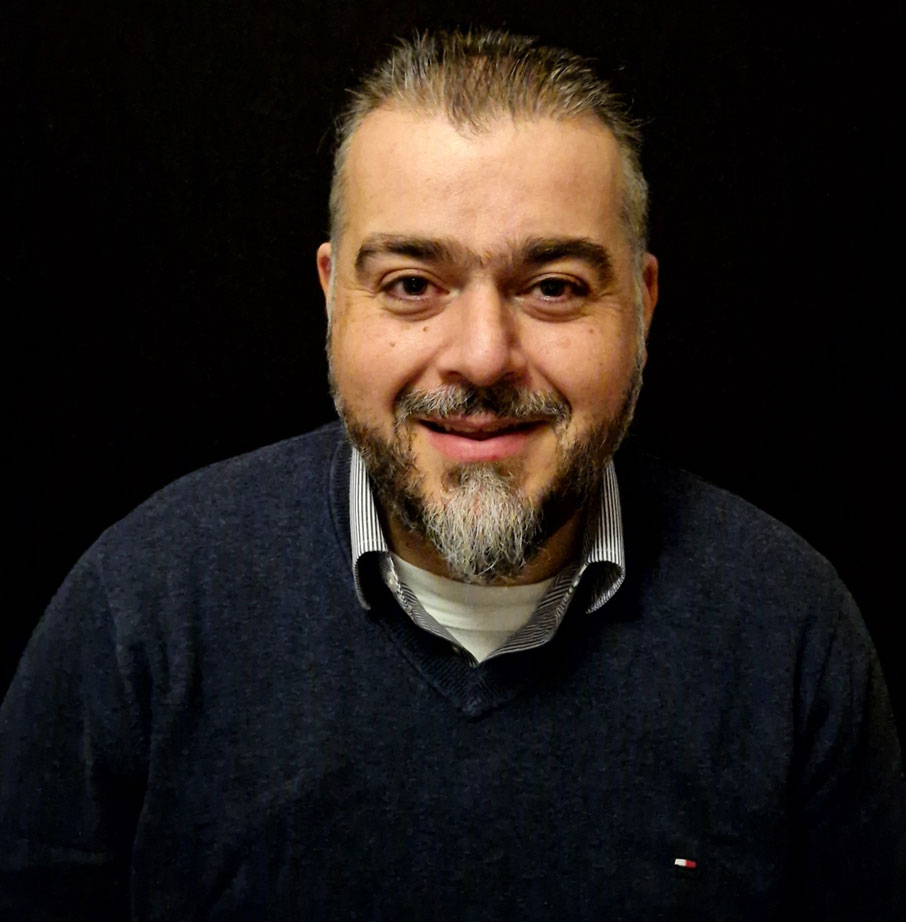
Antonios Kanellopoulos is an Associate Professor in Innovative Construction Materials at the School of Physics, Engineering and Computer Science at the University of Hertfordshire. He joined University of Hertfordshire in 2017 and has held the positions of programme leader (2017-2020) and head of Civil Engineering (2020-2025). He is currently the Director of the Centre for Engineering Research, a multidisciplinary research centre that delivers research in materials, structures, sustainable energy, and manufacturing across all engineering disciplines. His research focuses on innovative solutions for construction materials with a focus on upcycling mineral wastes for sustainable circular solutions for the future built environment. He is chartered engineer (CEng), chartered scientist (CSci), a member of the Institute of Materials, Minerals and Mining, a member of the Institute of Concrete Technology, a senior member of RILEM and Fellow of Higher Education Academy. Antonios is the chair of the RILEM TC-321 Upcycling Powder Mineral “Wastes” into Cement Matrices. 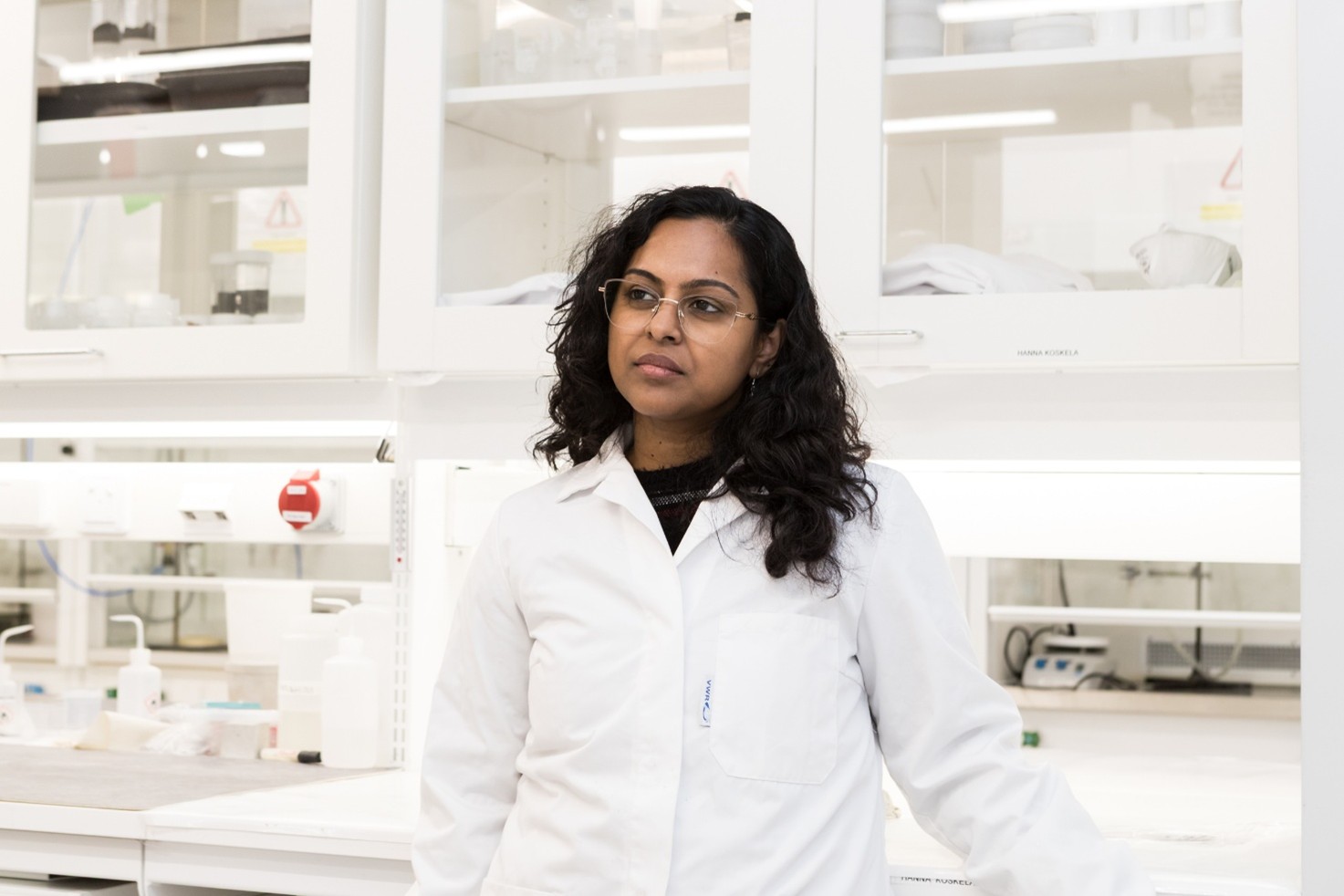
Priyadharshini Perumal is an Associate Professor at the University of Oulu with over 15 years of experience in research, teaching, and project management across academic and industrial environments. She holds degrees in Civil Engineering, Structural and Geotechnical Engineering, and a Ph.D. in Building Materials Technology. Her research focuses on up-cycling industrial and mining side streams into sustainable construction materials, supporting resource efficiency and a circular economy in the built environment. Her work includes the utilization of mining tailings and recycled demolition concrete, development of alternative binders and aggregates, and research on CO₂ sequestration and eco-material interactions. She leads the Sustainable Construction Materials and Applications research group, a multidisciplinary team of approximately 15 researchers working on material pre-treatment, advanced binder systems, durability in harsh conditions, life-cycle assessment, and pilot-scale industrial applications.
|
